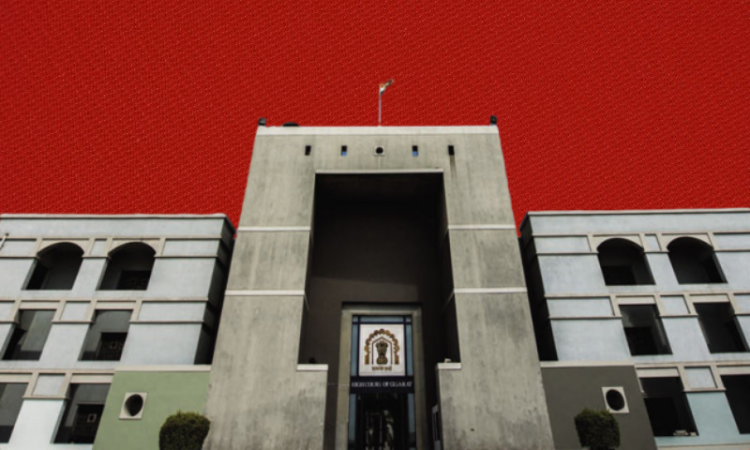State Authorities Passing Detention Orders In Casual Manner, Introspection Needed: Gujarat High Court
Bhavya Singh
8 May 2023 10:34 AM IST

Next Story
8 May 2023 10:34 AM IST
Observing that detention orders are being passed in a casual manner, the Gujarat High Court has said the State Authorities should introspect about their actions since the court is confronted with the orders of detention, which do not stand the test of settled legal proposition of law.The division bench of Justice AS Supehia and Justice Divyesh A Joshi said simplicitor registration of FIRs...
